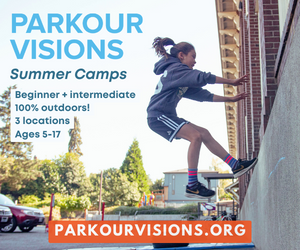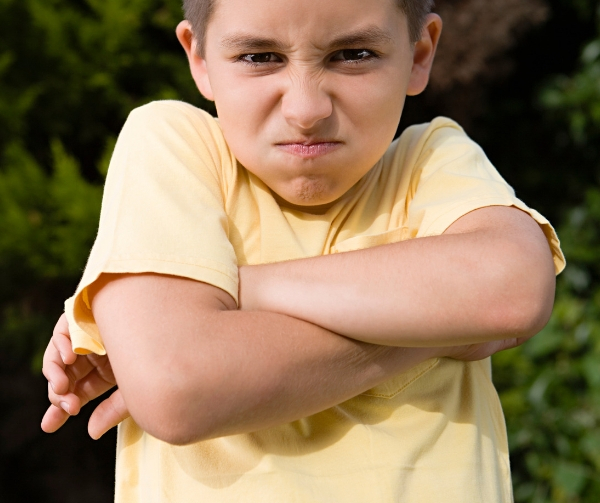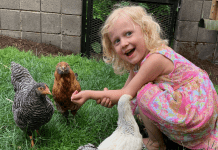This is part of our Do What Works (DWW) Parenting Series.
To read the rest of the posts in the series, click here.
Parenting is fraught with choices and few are more difficult than deciding how to discipline your kids. In this DWW series, I’ve been exploring how we all need to do what works for our families, and this week I’m taking on the hot topic of discipline. Disciplining means different things to different families, which is all the more reason why we each need to figure out what approach works best for our kids and our families.
Nothing illustrates the relativity of discipline better than the way my parents disciplined my younger brother and me. My mom claims she only spanked me once when I was about to run in front of a car, and I never did anything to warrant a spanking again. On the other hand, spanking did nothing to change my younger brother’s behavior. Let’s just say he received more than one spanking during his childhood. My parents, products of the time and place they were raised and in which they were raising children, chose to use spanking as a disciplinary tool (to varying degrees of success, as you can see). If the effectiveness of disciplinary tools can vary from sibling to sibling in the same home environment, it stands to reason that the tools each family uses would have to vary as well.
Tools of the Tirade
My husband and I decided early on not to use corporal punishment as one of our discipline tools. Our combined experiences as children and as teachers made us believe spanking was only minimally and temporarily effective in helping kids develop their behavioral and emotional management skills. So we ruled it out before our first daughter was even born. We’ve been accused by certain friends and family members of being soft on our kids, but what works for our family is a combination of distraction (for the younger one), boundaries, consequences, and conversation. We also don’t try to change a behavior when the kids are in the midst of a meltdown, because everything we’ve learned and read indicates we might as well bang our heads against a wall.
Ages and Stages of Discipline
Lately, my two-year-old has started incessantly asking to “plant the garden,” which really means she wants to go outside and pull plants out of the ground and run away from me. Not only is this annoying, but it’s also a safety issue as cars speed past our driveway regularly. I had to figure out a way to keep her from fleeing, so I imposed immediate consequences. I told her if she went past our car toward the road, we were going to go back inside. I had to follow through on the threat three times, and lots of tears ensued but she eventually figured out if she didn’t go past our car on the driveway, she could continue playing with her toys outside.
When our nine-year-old tests our boundaries with her behavior or attitude, discipline takes on the form of talking. We resist the urge to talk to her when she’s slamming doors and sobbing about how we are the worst parents ever. We tell her we are happy to talk to her when she’s ready, remind her that we love her, and offer her a hug. When she’s feeling better, we sit with her and snuggle while we talk about how to handle whatever situation caused the outburst in the first place. Sometimes we find out she wasn’t feeling heard in the hustle and bustle of the afternoon, other times we discover it was something completely unrelated like an argument with her best friend at school, and sometimes the problem is simply that she’s nine and nine-year-olds are jerks she hasn’t quite developed all the coping skills she needs for dealing with big emotions.
Doing What Works for Everyone
This talk-centered discipline we’ve chosen is definitely more labor-intensive and time-consuming than spankings, time-outs, and grounding, but it is my hope this approach will help us raise kids to recognize, examine, and manage their own emotions as they grow into adults. I don’t just want to send them out into the world with the skills to take care of themselves physically (like shopping for groceries, doing laundry, and cooking), but with skills to care for their own emotional well-being as well. What works for each family varies, but raising independent and healthy children works for everyone.




















Great advice. I love the whole concept of “Do what works” when it comes to discipline. Need more articles about this….. maybe a conversation about issues people are having. This is SUCH an important topic and every child is a little different. All our daughter needed when she was three was a stern voice. Her younger brother needed a much sterner voice and a swat on the bottom. Our autistic baby needed more thought and care to figure out what was really going on inside his little head.
Comments are closed.